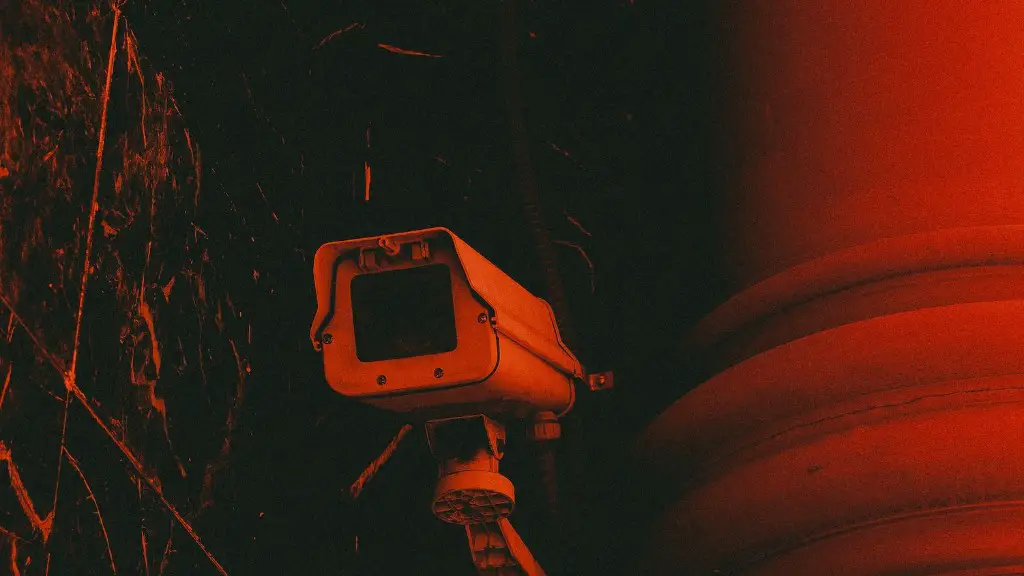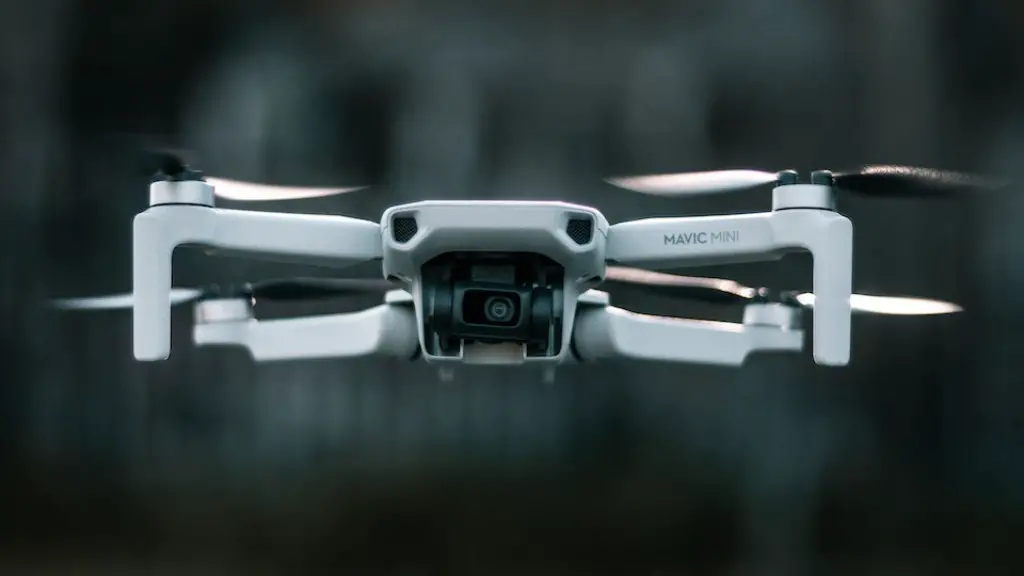What Did The CIA Do?
The Central Intelligence Agency (CIA) is a United States government intelligence-gathering and clandestine organization. Founded in 1947 in the aftermath of the Second World War, its mission is to collect, analyze, and disseminate national security information and intelligence to authorized recipients. It operates in coordination with other U.S. intelligence services and provides intelligence assessments to policymakers in the Executive Branch and Congress.
The CIA has been involved in a variety of activities since its inception, from activities in the Cold War and the War on Terror to more controversial operations in foreign countries. It has employed intelligence officers, contractors and agents in countries all over the world, often covertly, for more than seven decades.
One of the CIA’s primary functions is to collect foreign intelligence. This can be anything from information on political, economic, and strategic trends in foreign nations to discussions with foreign leaders. They also use satellite imagery, signals intelligence, and other sources to inform their intelligence assessments.
The CIA also performs covert operations, or missions that are not made public. Such operations can range from gathering intelligence, disrupting foreign operations, or conducting undercover work. In some cases, the CIA has been suspected of carrying out assassinations, kidnappings, and other activities in foreign countries.
The CIA has also been known to use private contractors, who act as spies and provide useful intelligence. Contractors have also been used to conduct covert operations, such as arming rebel forces or providing training in espionage tactics. Private contractors are often more expensive than CIA employees, but they are also less likely to be detected by foreign governments.
The CIA’s activities have often been the subject of public controversy. Critics have pointed to its involvement in human rights violations and covert activities in countries such as Cuba, Iran, and Nicaragua. Others have pointed to the CIA’s failure to prevent the September 11, 2001, terrorist attacks and its use of enhanced interrogation techniques in the War on Terror. Nonetheless, the agency remains a major force in U.S. intelligence gathering.
CIA Activities During The Cold War
During the Cold War, the CIA was heavily involved in both gathering intelligence and conducting covert operations. Its primary goal was to contain and eventually eliminate the Soviet Union while protecting U.S. interests. To this end, it carried out a number of operations in countries throughout the world, such as the overthrow of Iran’s Prime Minister Mohammed Mossadegh in 1953, the overthrow of the Guatemalan government in 1954, and the failed Bay of Pigs invasion of 1961.
The CIA was also active in the field of information warfare. It worked to manipulate media and public opinion in order to sway public opinion in favor of U.S. foreign policy. It also used propaganda to discredit its enemies, such as the Soviet Union.
The CIA’s operations during the Cold War have had lasting effects, both on international relations and on the agency itself. Its use of covert operations and its manipulation of public opinion have been widely seen as having had a destabilizing effect on world politics.
CIA Activities In The War On Terror
The War on Terror saw an increased role for the CIA. As the U.S. government intensified its efforts against terrorism, the CIA was tasked with gathering intelligence on terrorist networks and their activities. This included infiltrating terrorist groups, locating their safe houses and training grounds, and gathering information on their finances and weapons.
The CIA was also involved in a number of controversial operations, including the controversial “enhanced interrogation techniques” used in the interrogation of suspected terrorists. These techniques were widely condemned by human rights organizations and government leaders. In addition, there have been reports that the CIA carried out targeted killings of suspected terrorists in countries such as Pakistan and Yemen.
CIA And Technology
The CIA has long been at the forefront of technology in the intelligence community. It has invested heavily in computer systems, satellites, drones, and other technologies. It has also pioneered new techniques for cyber espionage, including the use of malware to gain access to domestic and foreign computer networks.
The CIA has used state-of-the-art technologies to improve its intelligence capabilities, but it has also drawn criticism for using technology to violate the privacy of individuals. It has been accused of collecting the emails and phone conversations of U.S. citizens without a warrant and using data mining techniques to track people.
CIA And Intelligence Oversight
The CIA is subject to Congressional oversight, though its activities are largely exempt from Freedom of Information Act (FOIA) requests. The CIA’s activities are monitored by the Senate and House Intelligence Committees and various other organizations. In addition, the agency is subject to executive branch oversight from the President and his cabinet.
The CIA is also required to report its activities to Congress, and the President can issue orders restricting or prohibiting the agency’s activities. In 2010, President Obama issued an executive order prohibiting the CIA from using certain interrogation techniques deemed to be ineffective or inhumane.
CIA In Recent Years
The CIA has continued to play an important role in U.S. intelligence gathering and covert operations in recent years, though its activities have been hampered by budget cuts. It has shifted its focus to combating terrorism, combating cyber threats, and countering the activities of hostile foreign governments. In addition, the CIA is focused on the recent spread of nuclear weapons capabilities, as well as new security threats posed by emerging technologies.
The CIA remains a powerful force in U.S. intelligence, and its work is widely respected within the intelligence community. Despite its controversial past, the agency continues to serve a vital role in protecting U.S. national security.
The CIA In Popular Media
The CIA’s activities, both real and fictional, have been the subject of much discussion in popular media. The agency has been featured in numerous TV shows, movies, and video games. Many of these depict the agency in a positive light, while others paint it in a more negative light.
The agency has also been accused of using the entertainment industry to promote its agenda. In recent years, there have been accusations that the CIA has used popular culture to justify its actions and validate its mission.
The CIA And International Relations
The CIA has long been seen as a prominent actor in international relations. It has been involved in a variety of activities that have had both positive and negative impacts on global events. Its involvement in the overthrow of governments and interference in foreign elections has been widely criticized, but it has also been seen as playing a crucial role in the prevention of wars and other international incidents.
The CIA’s involvement in international relations has also been controversial. Critics have accused the agency of meddling in the internal affairs of other nations and undermining their sovereign governments. In addition, its activities have been criticized for not taking into account the long-term interests of the nation in question.
Conclusion
The CIA is a powerful and controversial force in U.S. intelligence gathering and foreign affairs. Its activities have had both positive and negative impacts on international events. Its operations have stirred controversy, both domestically and abroad. Nonetheless, the agency remains an important part of the U.S. intelligence community, and its work is widely respected within the field.





